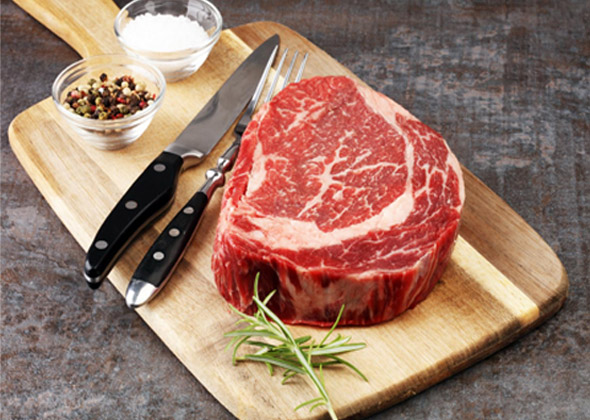Brazilian beef is one of the most appreciated and consumed in the world. Brazil is one of the world’s largest producers and exporters of beef, with a production that exceeds 9 million tons per year, according to data from the Ministry of Agriculture, Livestock, and Supply.
The Brazilian beef export market is a constantly growing market. According to the Brazilian Association of Beef Exporting Industries (ABIEC), in 2020 Brazil exported more than 2 million tons of beef, generating revenue of around US$ 8 billion.
The main destinations for Brazilian beef are China, Hong Kong, Egypt, Chile, and the United Arab Emirates, but the product is also exported to various other countries, such as Russia, the United States, the European Union, Mexico, among others.
Brazilian beef is globally recognized for its quality, taste, and tenderness. The country has a modern and technological livestock sector, which guarantees high-quality and food safety. In addition, production is sustainable and follows animal welfare and environmental preservation standards.
The Brazilian beef export market is strategic for the country’s economy, generating jobs and foreign exchange. Beef production is responsible for moving an entire productive chain, which includes rural producers, meatpacking industries, and exporters.
However, the Brazilian beef export market faces challenges such as competition with other beef-producing countries and currency fluctuations. In addition, the sanitary and environmental requirements of importing countries are increasingly stringent, requiring investments in technology and processes to ensure compliance with international standards.
In summary, Brazilian beef export is a constantly growing and strategic market for the country’s economy. Brazilian beef is globally recognized for its quality, taste, and tenderness, but competition with other countries and the demands of importing countries are challenges to be overcome.
